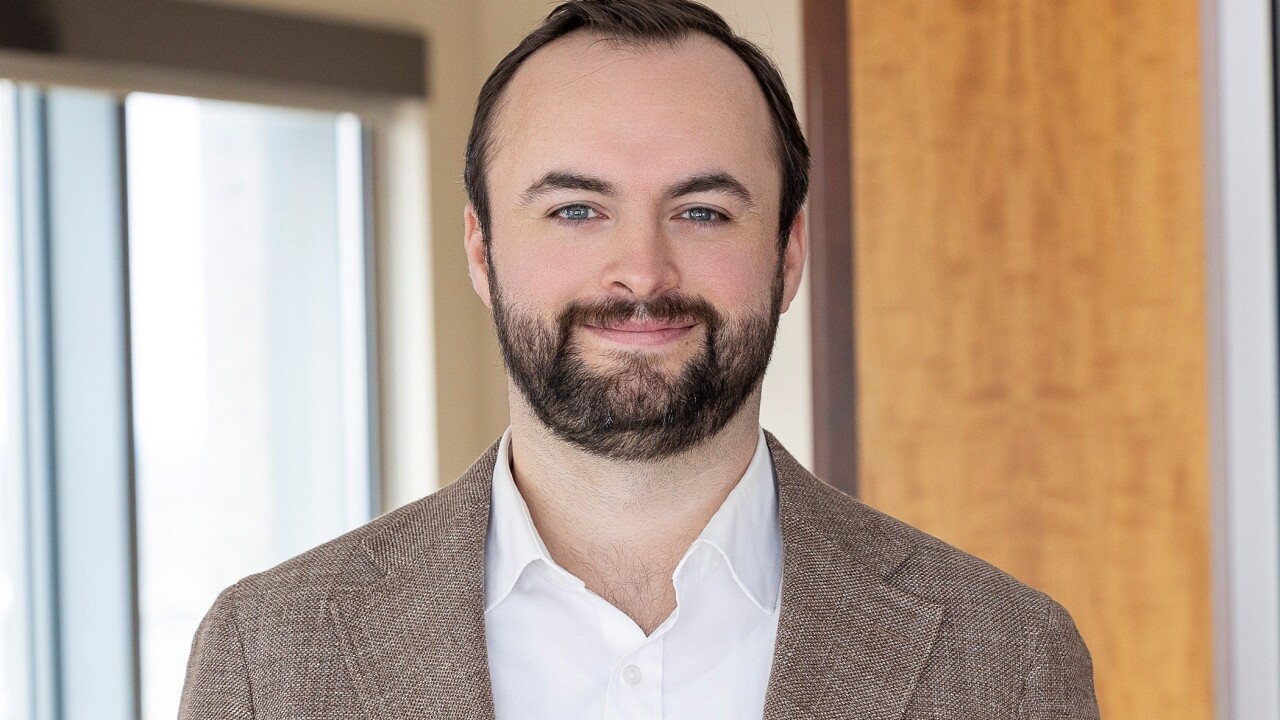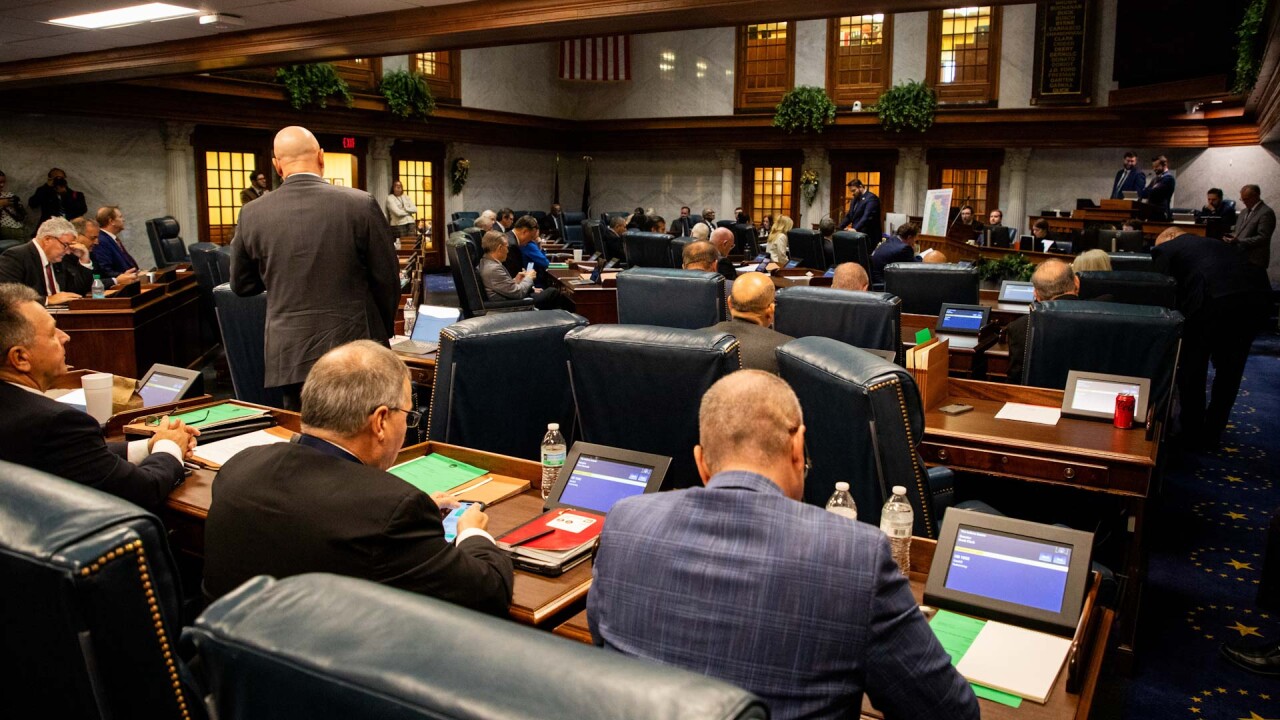DALLAS – Texas will go to market Tuesday with $321.9 million of taxable general obligation bonds for its Cancer Prevention and Research Institute, a taxpayer funded grant program approved by voters nearly 11 years ago.

The bonds carry the state’s triple-A rating from all four ratings agencies and will price three days before Texas’ 2018 fiscal year comes to a close.
“The rating reflects the size and strong fundamentals of the Texas economy, a rainy day fund that provides a strong budgetary cushion, strong governance and fiscal management, and low bonded debt levels,” said Moody’s Investors Service analyst Nicholas Samuels. “Those strengths are offset by high pension liabilities and ongoing pressure to maintain structural budget balance against the spending pressures of strong demographic growth.”
Promoted by then Gov. Rick Perry, CPRIT came into existence in November 2007 when voters approved a constitutional amendment and provided $3 billion of bond funding.
Since its establishment, CPRIT has awarded $2.15 billion of the $3 billion. That includes more than $177 million of grants last week,
“CPRIT has reached a significant milestone, which is only possible due to the support of Texans, their elected representatives, and our partner institutions and grantees,” said Wayne Roberts, CPRIT chief executive officer. “As a result of this historical undertaking, Texas is developing into a world class center of cancer research and prevention as our state’s institutions grow in international prominence.”
At its Aug. 24 meeting, CPRIT’s Academic Research program awarded 51 new grants today to 16 different Texas institutions, including a Core Facility Support Award to Texas Southern University, a first-time CPRIT grantee.
CPRIT also awarded 25 High Impact/High Risk grants for exploratory projects targeting new avenues of cancer research. The five new Multi-Investigator Research Awards bring together investigators in collaborative and cross-disciplinary research projects with promising clinical translation designed to benefit patients directly.
During the 85th Texas Legislature, CPRIT’s Sunset Review date was extended by two years to 2023 to allow the agency to use fully all funds approved by Texas voters.
Risk-averse investors, especially institutions, are expected to be attracted to the Texas debt.
As the nation’s second most populous state, Texas also has the second-highest gross domestic product behind California. Per capita personal income is 98% of the US level and it has the eleventh highest poverty rate among the states.
S&P Global Ratings expects economic growth in the state to outpace the nation’s, despite the blow struck by Hurricane Harvey one year ago. Over the past year, sales tax revenues have remained strong, setting records for each month of 2018.
With oil prices off the early 2016 lows and trending around $70 per barrel, oil rig counts in Texas increased to 532 in mid-June 2018 from a low of 173.
Between July 2016 and July 2017, the state added almost 400,000 net new residents, ahead of Florida, which was up 328,000, and California, which gained 240,000.
“Although the population trend creates budgetary pressures, particularly related to school funding and keeping up with infrastructure demands, it also drives organic growth related to sales tax collection, the state's largest source of operating revenue,” said S&P analyst Nora Wittstruck.
When the legislature convenes in January 2019 for the next regular session it will be required to address supplemental appropriations for the remainder of the 2018-2019 biennium, Wittstruck noted.
“However, resulting from the state's robust economic growth over the past 12 months, particularly related to the rebound in the upstream oil sector, the state comptroller raised the 2018-2019 biennial revenue estimate by $2.8 billion (2.6%),” she said.
“The additional revenue will benefit the state, which will wrestle with how to fund agency expenditures related to Hurricane Harvey recovery and cleanup efforts as well as other policy areas requiring supplemental appropriations including Medicaid, as the budget reduced appropriations by $1.9 billion across all funds.”
Protecting the state against any unforeseen upheaval is an $11 billion rainy day fund, Wittstruck added.





